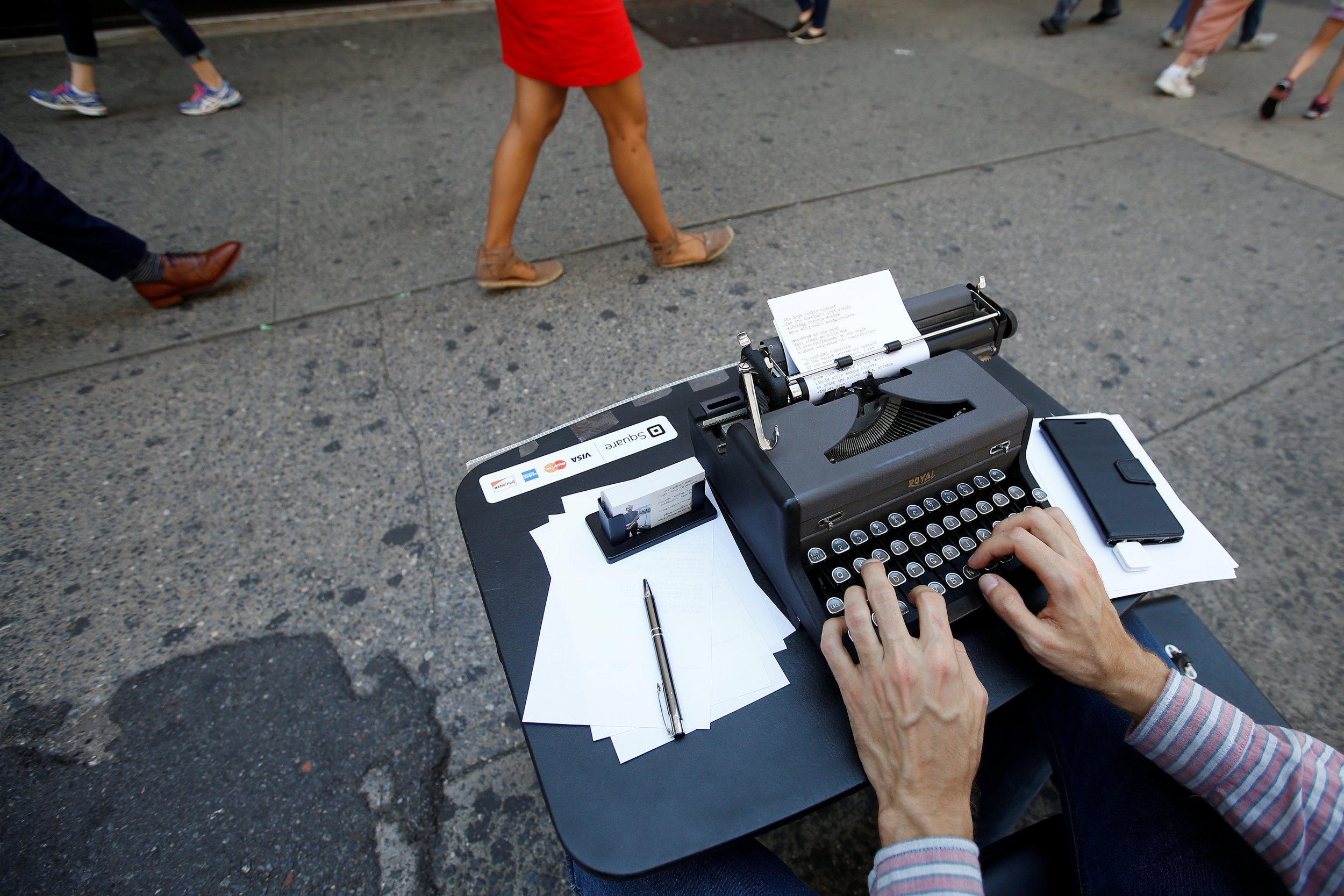
Last week, This is Just to Say, a short poem by William Carlos Williams went viral. The 82-year-old poem was resurrected as a meme, with Twitter users rewriting lines centering around the central image of plums in an icebox to strange ends.
IM COMING OUT OF MY FRIDGE
— jonny sun wrote a new book! (@jonnysun) December 1, 2017
AND I AM FEELING QUITE FULL
I HAVE EATEN YOUR PLUMS
THEY WERE SO SWEET AND COLD
A new study from NYU in the journal Psychology of Aesthetics, Creativity, and the Arts aims to untangle, through the lens of psychology, what makes different poems appealing. And, the researchers claim, a lot of it comes down to imagery (not just plums).
In this experiment, researchers presented online participants with over 100 haiku and 16 sonnets. The NYU team tapped 402 users on Amazon's Mechanical Turk, a sometimes-controversial automated service that social psychologists use to gather large amounts of data.
Participants in one group were made to read a few more than 30 haiku, while those in another group read 16 sonnets. Afterwards, they answered questions about the vividness of the poems' imagery and how much they enjoyed the poems or found them aesthetically pleasing. "Across both poem genres," the authors write "we found that vividness was the best predictor of aesthetic appeal."

The memeifcation of poetry probably has more to do with the marriage of Twitter, a form that encourages brevity, and equally short poems like This Is Just to Say.
Studying literature through the lens of psychology can also be tricky business. People's experience reading a poem can be far more complex than, say, measuring a person's reaction to an electric shock.
A widely publicized 2013 study in the journal Science, for example, purportedly showed that reading "literary fiction" made people better at reading emotional states. It got a lot of press, but independent researchers were unable to replicate the findings in a followup study. The two studies revealed that, while there may be something to a general idea, the means taken to reach a scientific conclusion about literature can make all the difference, and may not be the best tools for answering (or even asking) the question.
And as for the meme, the internet is weird. It could be that a poem with vivid imagery about a refrigerator and a piece of fruit might just serve as a convenient, arbitrary canvas for people to show off their verbal dexterity with Dolly Parton lyrics.
Jolene
— Sarah Gailey (@gaileyfrey) December 1, 2017
JOlene
JOLENE
J O L E N E
I'm begging of you
Please don't eat my plums
Uncommon Knowledge
Newsweek is committed to challenging conventional wisdom and finding connections in the search for common ground.
Newsweek is committed to challenging conventional wisdom and finding connections in the search for common ground.
About the writer
Joseph Frankel is a science and health writer at Newsweek. He has previously worked for The Atlantic and WNYC.





